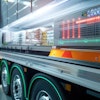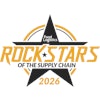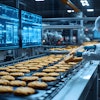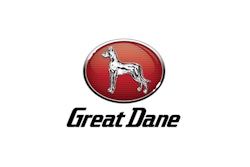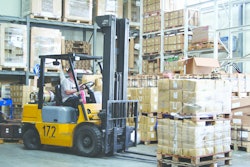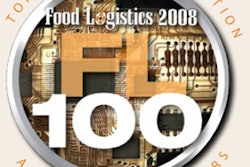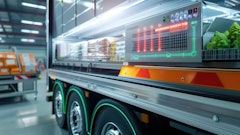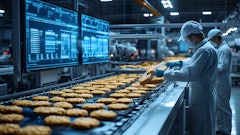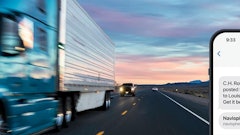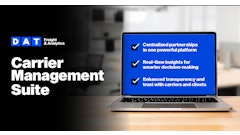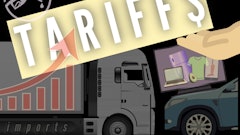
How important is technology to today’s supply chains? Imagine operating a business without the tools that have become ubiquitous—Internet, telecommunications, automation—and it becomes very obvious how deeply imbedded technology has become, starting with sourcing and procurement and/or the growing and production process, all the way to transportation, distribution, and everything in between, including trade finance, tracking and tracing, and managing risk and compliance.
In many ways, while technology is evident everywhere in the business world, accurately defining a ‘technology’ company has in many ways become more difficult, now that most companies provide various technology-based products and services in addition to their core offerings. For instance, it’s expected that transportation providers, aside from physically moving a shipment from point A to B, will provide shippers with the ability to track their shipments online at the very least, while many have even developed their own robust software products and services that are branded and marketed individually.
Our eighth annual FL100 list of leading software and technology companies reflects this trend and how it’s unfolding in the food and beverage industry. This year’s compilation includes well-known, pure-play technology companies such as Oracle and SAP, along with younger companies like Intelleflex and GT Nexus, who are joining a new generation of providers whose technology advancements in areas like RFID and cloud computing, respectively, are not only exciting but are making it possible to meet the challenges associated with tracking, tracing, and compliance that are imperative for today’s food supply chains.
So, while defining a technology company may not be as clear-cut as it used to be, one thing is clear: technology is a competitive differentiator in our industry, whether you’re a food shipper or transportation provider.
M.J. Kellner Foodservice would agree. They are the recipient of this year’s Golden Pallet Award for small distributors. Their willingness to tackle a business challenge head-on by building a new facility complete with state of the art software and technology (WMS, voice picking, etc.) has yielded a healthy return on their investment, some of which the company itself wasn’t even expecting. Check out their success story on page 34.
Technology is also a predominant theme in our feature on maintaining cold chain integrity.
For example, Great Dane Trailers is making it possible for shippers to get more life out of their reefer containers with their ThermoGuard product. The technology focuses on improving the efficacy of the interior liner, which degrades over time, thereby making the reefer more expensive to operate. Specifically, ThermoGuard reefers can potentially reduce cooling unit run time by more than 1,000 hours over a five-year period.
Thermo King is also capitalizing on technological innovations to help support an increasingly global food supply chain, as well as convert more high-value cold chain products to ocean from air. The company’s SuperFreezer units make ocean transport a viable option for shippers of high-value cargo like sashimi-grade tuna, swordfish, and sea urchins, because it can keep cargo at -60 Celsius. Ocean transport is less costly than air, of course, and more environmentally friendly.
Looking ahead to 2012, technology will be a central theme for much of Food Logistics’ editorial this coming year, particularly as we respond to the growing interest—and impact—of food traceability. The topic is getting a lot more coverage from within our industry and the mainstream media too, and it deserves it.
We’ll also be unveiling a new look to the publication for 2012 along with some new columns and other content to reflect the myriad changes underway in our industry.
Enjoy the read.

